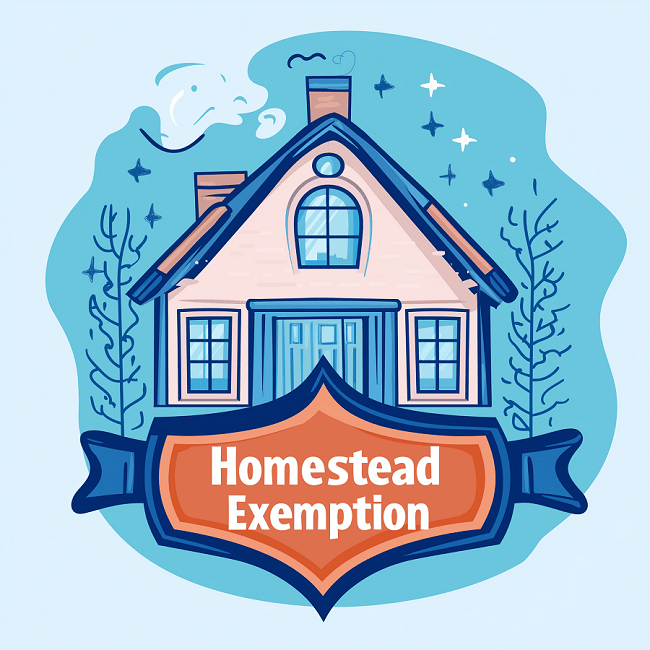I am a huge fan of RPGs (or role-playing games) for the un-nerdy. If I am stressed out or need an escape from the problems of life you can find me playing such titles as Skyrim, Fallout 4, Fallout 76, Stellaris, Fable, the Outer Worlds, etc. (I know there is debate about whether the newer iterations of “Fallout” are true RPGs and I am not wading into that mess of webs) (also, I know that Stellaris is not a true RPG, but I play it like one). In my professional life, I am an estate planning lawyer. I own Atlantis Law and we are quickly becoming a “go-to” firm in Southern California for all things “estate” and “inheritance.”
What I love about RPGs is that you effectively control your own destiny. Do the main quest, or don’t. Play as the hero or villain. Play with friends or be the lone wanderer. Another element I love is the element of choice and consequence. When choosing to level-up your player in Fallout, for example, the choices you make dramatically impact how you play the game – if you choose a melee perk, you play more as a melee character, etc. In some of my favorite games there is a point where you must choose between a few diametrically opposed choices, and they feel like they have real, in-game, consequences.
Another really cool element of many RPGs I’ve been enjoying lately, is survival mode, which is a mode which usually makes dying in the game more impactful and consequential. In other words, you cannot just make a bad choice and re-load your prior saved game. In effect, survival mode in a good RPG emulates real life. We all make choices in the real world, and good or bad, we cannot simply re-load our life and re-set to a more favorable “save.”
My “A-Ha” Estate Planning Moment
After a particularly stressful week, I recently started playing Fable (again). Of course, as anyone who has played an RPG can relate, I quickly lost myself in trying to “level up” my character, and it hit me: if only everyone would approach estate planning with the same vigor as a “survival mode” RPG. Let me explain:
In a vanilla version of an RPG, if you make a mistake, you can re-load the game from a prior save and start over. If you are faced with the difficult choice, you can save the game and avoid any “bad” consequence for the choice in front of you. But in a survival mode RPG, you often cannot “save” the game like you normally would. That means that if you die, you lose all the progress your character has made during that session. This makes every decision you make in survival mode fraught with tension. Since you know any wrong turn can effectively set you back hours of progress, it fundamentally changes the way you play the game.
Well, guess what? Life IS a true survival mode RPG. Every day you make countless decisions from which you can never go back. Good or bad, those decisions are made, and you will forever live with the consequences. Most of the decisions we make every day are routine. Some of the decisions we make, which seem like simple “one-off” decisions (like choosing to have dessert after dinner or waking up early to workout) can dramatically and fundamentally change the way we live our life.
Choosing the eat sweets and not workout in any single instance will have little impact on your day-to-day life, but in the aggregate, if those choices are all you make, they can change not only the quality of your life, but also the length of your life.
Leveling Up Life Hack
Every RPG has some kind of “perk tree” or system where experience points are exchanged for valuable in-game buffs or perks. The process of exchanging your experience for one or more perks is often called “leveling up.” What’s cool about a lot of RPG perks is that they change how you play. In Fallout for example, I often take the “Lone Wanderer” perk, which gives the player a buff if the player is playing without a companion. So, after taking that “perk” I change my game play to more frequently go adventuring alone, leaving my companions to tend the settlements of the Fallout Wasteland by themselves.
We can similarly “level up” in real life. Every day we all spend time at work in exchange for currency. We then use that currency to buy shelter, food, clothing, and other life essentials. We also use it to “level up” our life. If we want to get stronger, we may hire a personal trainer and “level up” our flabby gut to glorious six-pack abs. If we want to invest down the social tree perks, we might spend our money in clubs, or nice clothes, or other things to get ourselves noticed within our desired social circles.
But, just like every RPG, leveling up in one area of the perk tree usually means you put off other areas that seem “not as important.” One of the areas frequently neglected in real life, is estate planning. Estate planning is like an RPG perk that allows you to keep all of the progress and experience you have earned in the game after you die. It’s the safety blanket. If estate planning were an RPG perk, it would be one of the first (or close to the first) perk picked in every survival mode RPG.
Sadly, it is not the perk people pick in real life. A recent study found that despite the added dangers posed by COVID-19 only 39% of people have engaged in any kind of estate planning.[i]
The Estate Planning Perk and How it Works
Estate planning is the process of deciding what should happen to you and your money/property when you die. To understand the importance of the “estate planning perk” you need to understand the default rules of our real-life RPG. There are two constants with which this world is programed (1) everyone is going to die at some point; and (2) everyone is going to die with something. The default rules of the game say that if you have children, then so long as they pay the fee and wait a minimum of one-year, then all of your experience, money, and property goes to them. The fee is the “probate fee” which averages about $20,000 in California, and the waiting period is the shortest time a court can approve and settle a probate estate. If you have no family, then your money goes to the State.
Estate planning allows you to decide not only who gets your money and property, but also, when they get it, how they get it, and if there are any conditions attached to it. Estate planning also allows your family to bypass the probate fee and waiting period. Additionally, if your estate is over the federal estate tax exemption, which is currently over $11,000,000, then the estate planning perk can save millions in estate taxes.
Level Up Your Life with a Living Trust
We all want the best out of life. We are constantly looking for anything that will give us an advantage. We put off decisions on things the seem far off, which is why people frequently neglect estate planning: I am not going to die for a long, long time, people think – until it’s too late, and you family is left disadvantaged, without resources, and doomed to reset all the progress you made in life.
A Living Trust is a cost-effective way to level up your life, protect your family, and access the important estate planning perk, which will put you in the driver’s seat of your family’s destiny. It effectively ensures no waiting period for your family, no probate fees, and (in most cases) no taxes. A revocable living trust also allows you to bypass the default rules of the game in the event you want more control over the property you own.
If you lived your life like a survival mode RPG – like every decision mattered – then this is the first perk you’d want, especially if you have a family you love. Whether you play RPGs or not, one thing is certain, when your “game is over” your progress is either lost or is carried on by those you love. A living trust is the life perk you need allow your legacy to continue for generations.
Level up today! Call our office and schedule a free consultation (951) 228-9979, or email us at rachel@atlantislaw.com




